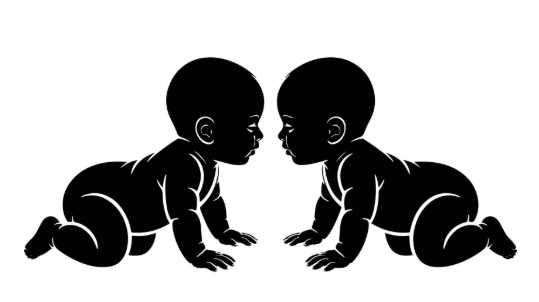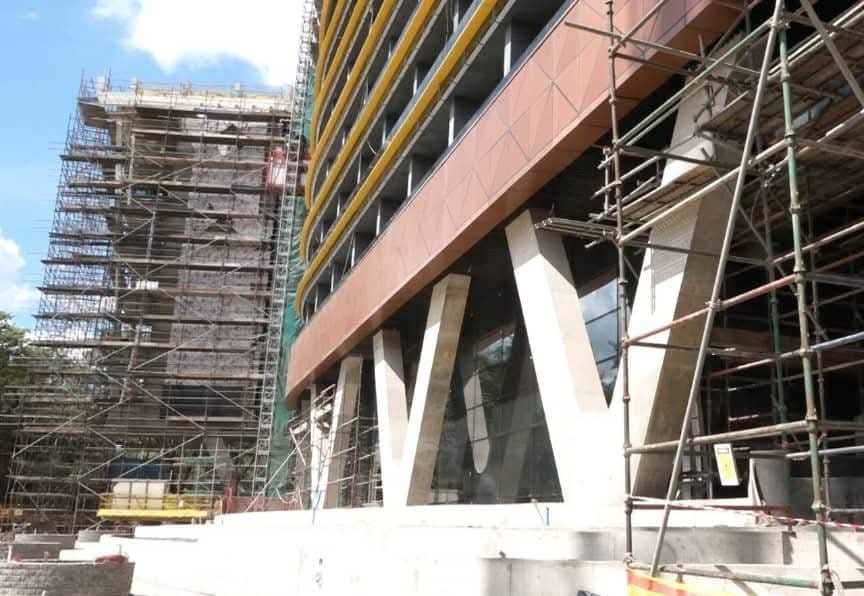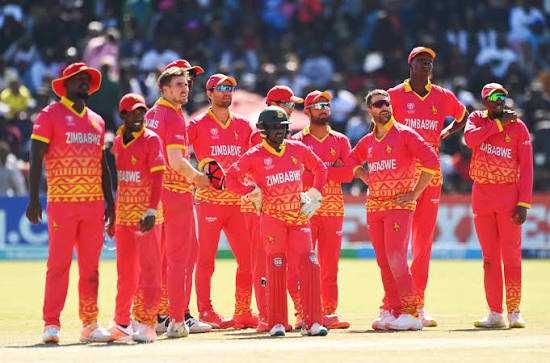
When a Bulawayo man finally decided to take action over his long-harboured suspicion that his youngest child might not be his child, he was proved right. The DNA test result clearly stated that the daughter who did not resemble her siblings did not belong to him. And he reached the obvious conclusion: He blamed his wife and accused her of treating him like a fool for 18 years.
The wife refuted all allegations. Determined to clear her name, the woman returned to Mpilo to check hospital records. Files from that day showed only two baby girls were delivered at strikingly similar birth times.
After months of searching, she finally traced the other mother to Shurugwi through social media in 2023. The women met, compared their stories, and took a joint DNA test. The results confirmed that Mpilo Central Hospital switched the two infants at birth on 13 May 2007.
Sources close to both families say Mpilo Hospital acknowledged the mix-up, blaming the chaos of 2007, when staff shortages and failing systems led to baby identification tags falling off and being replaced incorrectly.
However, families say the institution has offered no counselling or formal assistance.
Related Stories
“They apologised, yes — but no one from Mpilo has helped these families deal with the trauma,” said a relative. “Even a psychologist would have made a difference.”
The tragedy multiplies as the father of the Shurugwi-based girl died before learning the truth, meaning the Bulawayo based girl never got to meet her biological father.
The financially stable Bulawayo family has since offered to support both children, while the Shurugwi mother, now working in South Africa, is struggling to accept the outcome.
Cultural and linguistic barriers have complicated efforts to integrate the two girls into each other’s lives — one family is Ndebele-speaking, the other Shona — but both sides have agreed to keep contact as lawyers prepare possible legal action against Mpilo Hospital.
A 2014 South African High Court ruling that left two switched children with the families that had raised them, underscoring how complex the legal and emotional aftermath of such mistakes can be.
The scandal follows a more recent baby-swap incident at United Bulawayo Hospitals in January 2025, when a mother who had delivered a boy by Caesarean section was handed a girl instead. Her protests were ignored until private and university DNA tests confirmed the swap. Police later intervened after the other couple refused to cooperate.




















Leave Comments